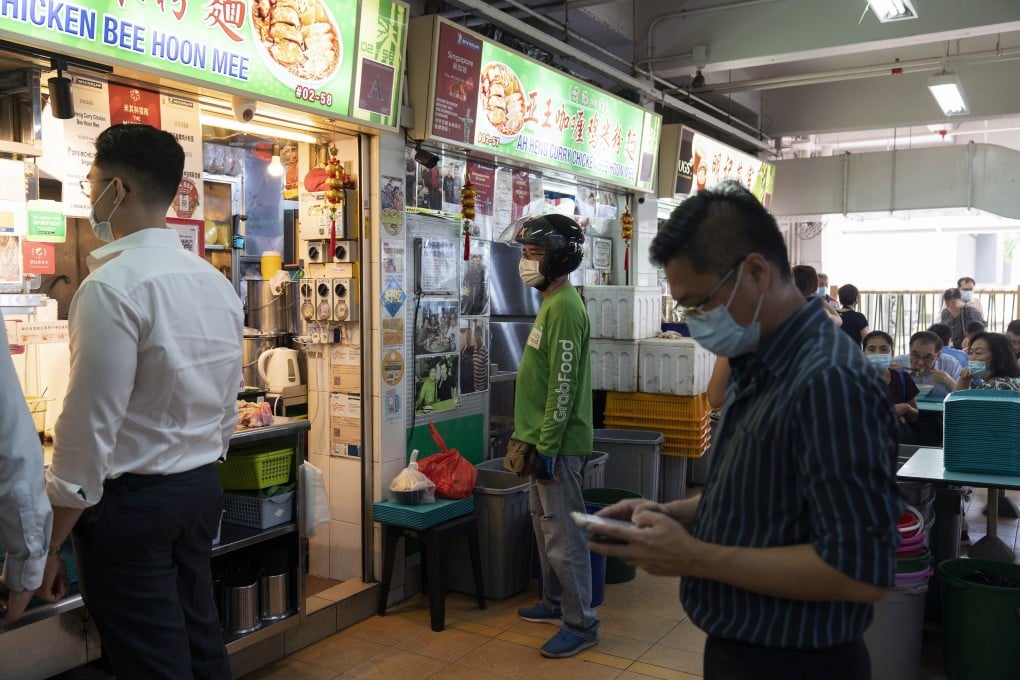Advertisement
Grab to delay its SPAC merger until fourth quarter, stretching the IPO horizon by Southeast Asia’s largest technology unicorn
- Grab is awaiting pre-clearance of accounting policies by US Securities and Exchange Commission (SEC)
- Grab plans to go public in the US following its merger with a blank-cheque company, also known as a SPAC
Reading Time:2 minutes
Why you can trust SCMP

Grab Holdings, Southeast Asia’s most valuable technology unicorn, plans to delay the closing of its merger with a US-listed special purpose acquisition company (SPAC) until the fourth quarter.
The Singapore-based ride hailing and food delivery giant said it was finalising its financial audits for the 2018, 2019 and 2020 financial years, and was awaiting pre-clearance from the US Securities and Exchange Commission (SEC) regarding certain accounting policies, according to a US regulatory filing on Wednesday. In addition to ride-hailing and food delivery, the superapp provides digital payments and financial services on its platform.
As a result, the company said it expects to complete its merger with Altimeter Growth, an investment vehicle backed by Silicon Valley’s Altimeter Capital Management, in the fourth quarter and go public with a listing on the Nasdaq stock exchange thereafter. When the deal was first announced in April, Grab had said it expected the merger to close in the “coming months,” without specifics.
Advertisement
The merger would value Grab at US$39.6 billion, making it the biggest-ever listing by a Southeast Asian technology company. It is the second-largest deal involving a SPAC after hedge-fund manager Bill Ackman’s SPAC reached an agreement in June to buy a 10 per cent stake in Universal Music Group that would value the music company at about US$42 billion.

03:34
SPACs: Everything you need to know about the finance world’s new big thing
SPACs: Everything you need to know about the finance world’s new big thing
SPACs, also dubbed blank-cheque companies, typically do not have an existing business. They are created purely as vehicles to attract investors, build up financial war chests and buy assets, usually unlisted companies, within a specified time limit.
Advertisement
Advertisement
Select Voice
Select Speed
1.00x